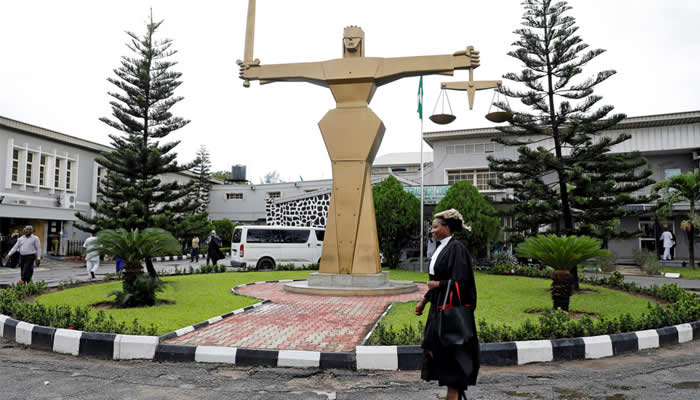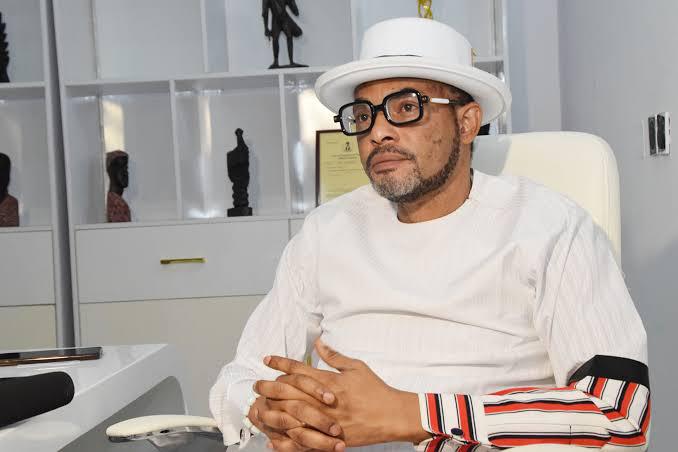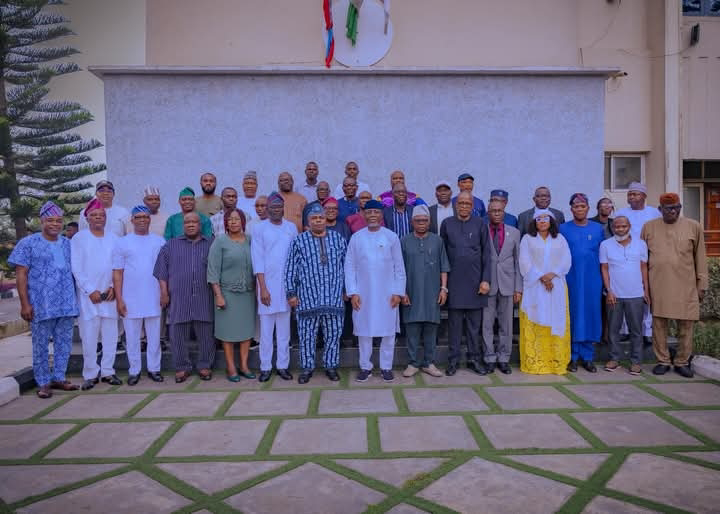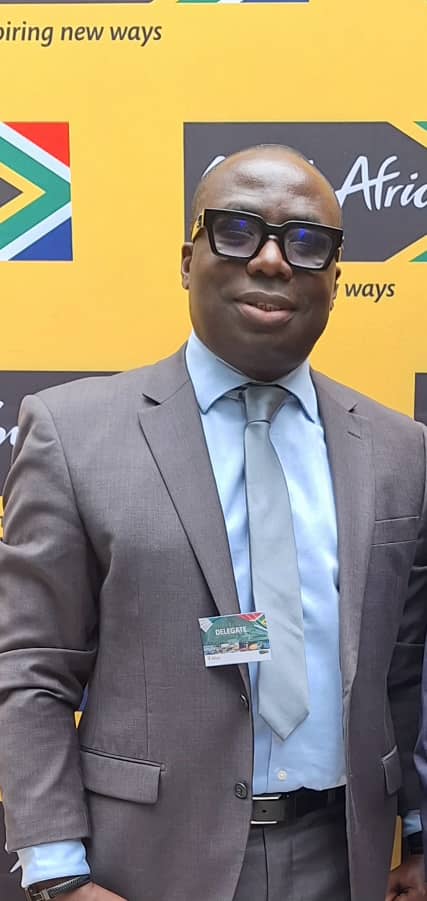
The trial of two lawyers, Ademola Owolabi and Adebayo Akeju, is set to resume on October 13, 2025, before Justice Serifat Sonaike of the Lagos State High Court, with legal analysts stressing that only the court, not police reports can determine the defendants’ guilt or innocence.
Owolabi and Akeju, standing trial alongside real estate developer Alex Ochonogor, are facing charges of forgery and willful destruction of property.
Analysts say the ongoing controversy over two conflicting police reports underscores why the judiciary remains the proper forum for resolving the matter.
The first report, issued on November 15, 2023, by the Special Enquiry Bureau (SEB), concluded that the disputed property was sold to two buyers—Ochonogor and Continental Properties.
It questioned the validity of certain documents, faulted Owolabi for lack of due diligence, and recommended charges of conspiracy, forgery, and encroachment.
By contrast, a second report dated June 13, 2025, from the General Investigation Section (GIS), exonerated the defendants.
It described Ochonogor’s transactions as legitimate, affirmed the authenticity of a demolition notice and a Memorandum of Loss, and recommended that the case be referred to the Directorate of Public Prosecutions.
However, while identifying Ochonogor as complainant and Owolabi as the sole witness, the GIS report curiously listed “NIL” under exhibits—raising doubts about how such allegations could stand without supporting evidence.
Critics also argue that producing a fresh report while the matter was already before the court undermines the rule of law by shifting evidential ground outside judicial scrutiny.
Analysts further contend that GIS investigators relied largely on statements from the accused while overlooking critical witnesses such as Dr. Eze, the current property owner who still holds the original title documents, and Major Mustapha, the original allottee whose signature was allegedly forged.
They add that no effort was made to authenticate the demolition notice with the Lagos State Ministry of Lands or to verify the Memorandum of Loss with the Ministry of Justice.
According to legal experts, these inconsistencies reinforce why it is the court—and not the police—that must assess the credibility of the reports and issue binding pronouncements.
“The duty of the police is investigation; the duty of the court is adjudication. When the two overlap, confusion arises. That is precisely why the court must make the final pronouncement,” a senior lawyer observed.
With trial set to resume, attention is now on the judiciary to determine the evidential value of the police reports and to decide whether the defendants are guilty or innocent of the charges.






